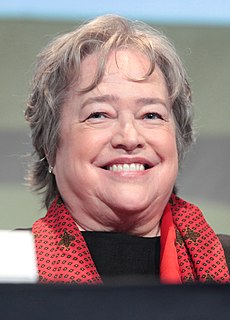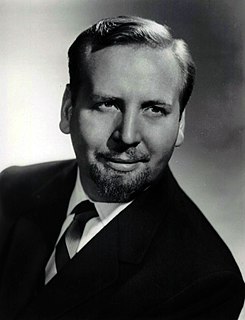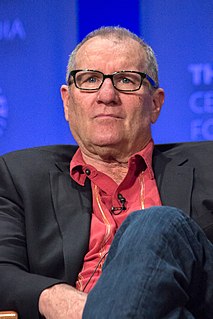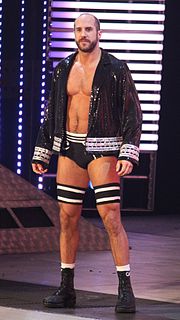A Quote by Kathy Bates
My mother used to tell this corny story about how the doctor smacked me on the behind when I was born and I thought it was applause, and I have been looking for it ever since.
Related Quotes
The hardest stories we tell are always about ourselves. How do you explain that you have been missing your mother for 20 years? I don't know how to explain that to you. I wasn't even sure I wanted to film that, because I don't know how I felt about it. I didn't want to put her through it, and I frankly wasn't ready. Because since I was 16, I just had created my own life for myself, you know? I left when I was 12. I'm 32. And I have gotten to know my mother more through editing her and looking and watching and editing her footage, you know.
In high school, I got into a speech class run by a nun who used to put on plays. She put me in a oratorical competitive program. You would tell a story, and they were very corny, something like 'My Childhood Hero.' It was something out of 'Readers Digest.' I always thought it was too much and too dramatic.
I might sound crazy about this but, years ago, my mom told me: "We almost died when you were born. Both of us." I was a Caesarean baby, and the doctor who delivered me later told me, "I opened your mother up, and you were right there. It freaked me out because everything was broken and out-there." I've thought about it a lot - could this have something to do with the fact that I'm only happy when I'm at home and alone? Maybe I was just freaking out for two weeks before I was born, feeling really insecure.
A story must be told in such a way that it constitutes help in itself. My grandfather was lame. Once they asked him to tell a story about his teacher. And he related how the holy Baal Shem used to hop and dance while he prayed. My grandfather rose as he spoke, and he was so swept away by his story that he himself began to hop and dance to show how the master had done. From that hour he was cured of his lameness. That's how to tell a story.
I honestly would tell anyone young to start looking at stories and learning story, because I think that’s the next step after people go, ‘OK, I’ve had enough of that improvisation, I’ve had enough of those short comedy bits. Tell me a story, tell me a more complex story, something that lasts and maybe has a little more meaning to it.’ Don’t ever look at what’s happening now; look at what’s coming next.




































